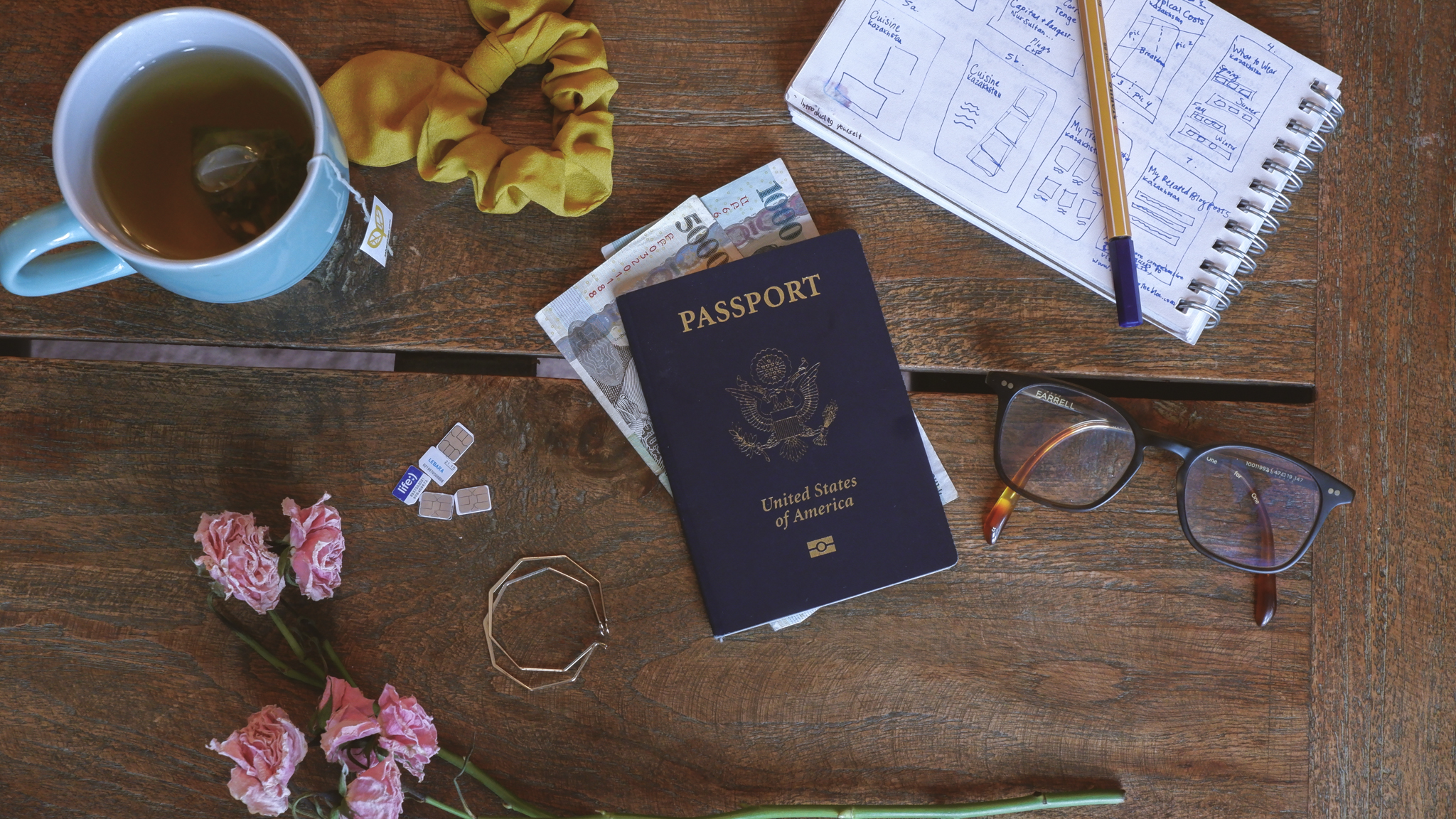

How to Get a Local SIM Card in Post-Soviet Countries
Trust me I get it – wifi hopping is really tempting. International phone plans cost a fortune and, if your wallet is tight, its one of the first expenses you might think to do without. After all, you’re not traveling so that you can scroll through Twitter all day, or talk to your friends on the phone all day, right? Sure, I’d agree these are not reasons to spend money on an international plan, but the ability to go on the internet and the ability to make a phone call is essential to solo, female travel. And this means having the ability to do these things at all times, not just when you have wifi. This means a local SIM card is going to be your best friend!
In the former Soviet Union, wifi accessibility in public places is becoming increasingly common such as in hostels, coffee shops, internet cafes, etc. This is great, however, once you leave that coffee shop or internet cafe, your wifi will disconnect, and you’ll be vulnerable to a situation in which you can’t call for help or look up critical information online. Being a solo, female traveler means you’ve prepared a back-up plan for your back-up plan, and having internet at all times must be a part of that back-up plan. If you’re having passport issues and you need to call the embassy, or you miss the only bus of the day that could take you to your nightly accommodation and you need to look up other hotels, you’re going to thank yourself for investing in your safety. After all, dangerous and vulnerable situations usually happen in places without wifi
So, what are you to do? Pay a ton of money to change your domestic phone plan into an international phone plan? Nope, there’s a cheaper option…buy a sim card in every country you visit!
I know this sounds a bit daunting, but it so simple and so cheap! In this article I will outline step-by-step instructions for how to get a local sim card in a post-Soviet country so that you never need to choose between your safety and your wallet.
Let’s begin!
Local SIM Cards: A Traveler’s Guide to Purchasing a SIM Card in post-Soviet Countries

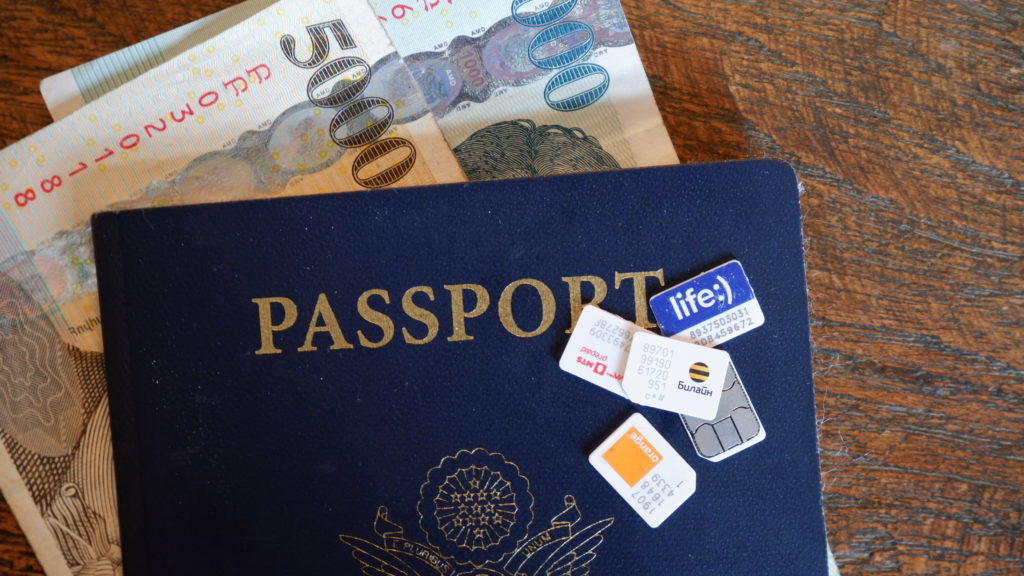

Step 1: Bring the Essentials for a Local SIM Card
In order to be able to purchase a local SIM card wherever you travel, you need the following:
- An unlocked phone – What does this mean? It means that your phone is not limited to one mobile service provider. For example, if your phone is locked and you registered that phone with Verizon, then you cannot use any other service providers than Verizon. With an unlocked phone, you can interchange SIM cards whenever you’d like. It is essential to have an unlocked phone if you’d like to purchase a local SIM card when traveling. If you’re unsure about whether or not your phone is unlocked, check out this article here.
- A paper clip – Recently, more and more local SIM card providers will include a paper clip with your purchase, but to guarantee you’re able to switch between SIM cards in an instant, it is best to keep one on you.
- Your passport – You must present your passport when purchasing a local SIM card. This is true for every country I’ve visited on the bloc.
- Safe storage for your original SIM card and others you’d like to save – It is so important you don’t lose your original SIM card! I don’t think I need to hamper on this too long, but just be sure to choose a bag of some sort that you can keep track of at all times.








Step 2: Find a local SIM Card Cellular Provider
Depending on the country, there are a variety of places where you can find a SIM card provider:
- Airport kiosk – In the majority of airports in post-Soviet countries, local phone companies have kiosks right outside of arrivals! Be sure to Bing search local internet service providers before your trip so that you’re able to recognize the logos after you leave the plane.
- Metro or Corner Shops – If you’re unable to find a kiosk at the airport, look for a SIM card at your local corner stores. In post-Soviet countries these are typically kiosks on street corners, where locals purchase newspapers, snacks, drinks, etc. Ask the worker if they sell SIM cards – they usually do. They should come in a pack with instructions on how to activate the SIM card.
- At a local internet service provider branch – If you know which internet service provider you’d like to choose, simply type their name into Bing Maps and pay them a visit at one of their local branch offices. See below for what to do once you get there!






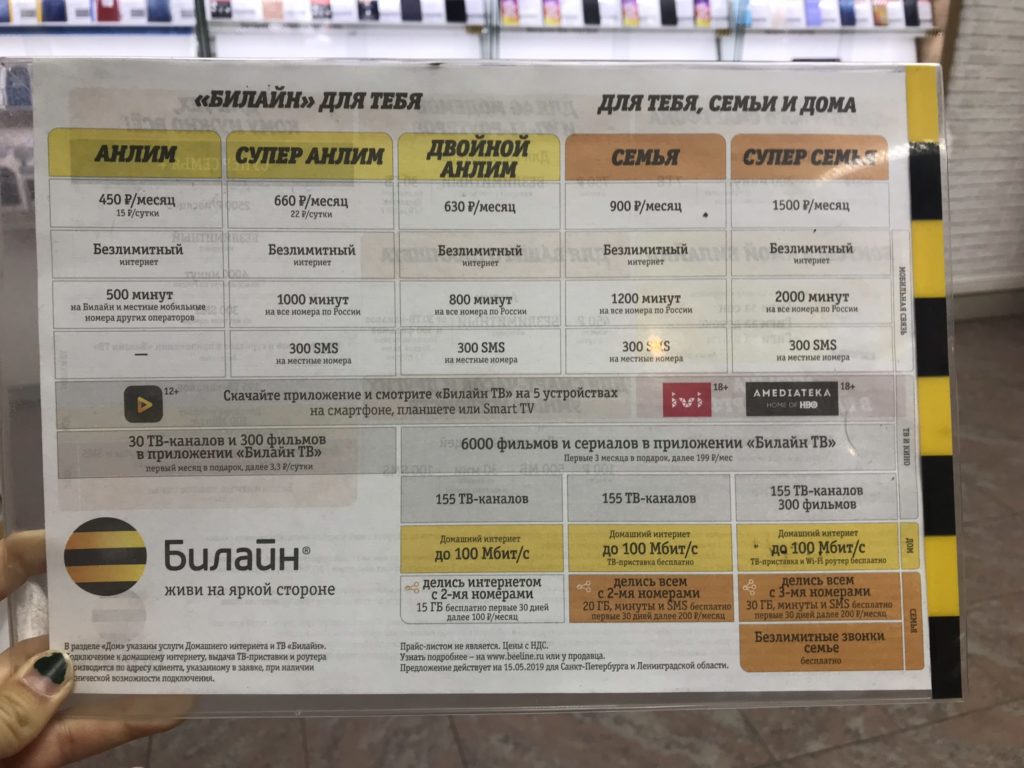

Step 3: Purchase a Local SIM Card
Regardless of where you find a local internet service provider, here is what to prepare and what to expect for the process of purchasing and getting that SIM card. Even if you have absolutely no Russian knowledge, odds are that if you hold up your phone, current SIM card, and passport, they will understand why you’ve stepped into their shop. If you have some Russian knowledge and you’d like to express yourself in Russian, you can say the following:
«Можно мне пожалуйста СИМ карту на __________.»
The underlined part depends on your length of stay/how long you’d like to use the SIM card for (ex. на одну неделю, на месяц).
The merchant will then ask for your passport, so be sure to have that out and ready to hand over. After this, you just pay and have them insert the sim card for you! Your phone should get internet right away, but be sure to stay close by in case it doesn’t and you need to ask the merchant for help.
Purchasing the sim card and putting on an initial sum of money to get you started is actually quite cheap. However, depending on how much internet you use (i.e. if you actually want to surf the net all day) you might need to top off your phone so that you don’t run out of data.






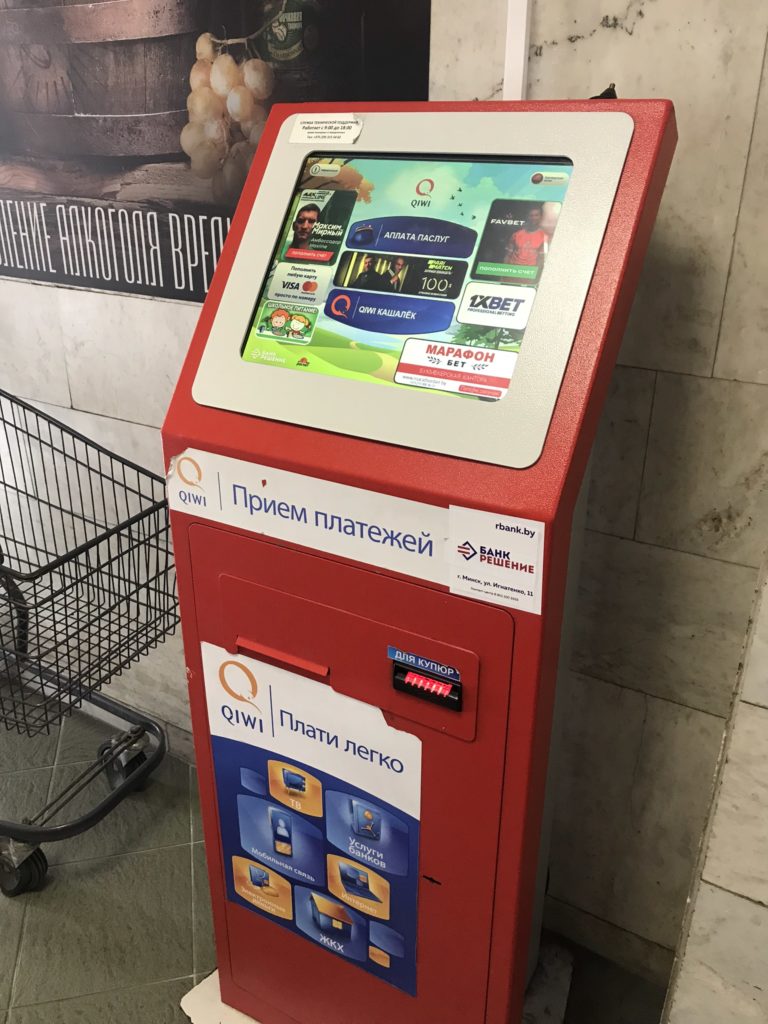

Step 4: Top Off Your SIM Card Balance
If at any point you are worried you might be running low, you can dial a short number that will present your balance on your screen. It is important to be aware of your balance so that you don’t lose internet in a critical situation! If you do, in fact, have a low balance, there are a few ways to top off your balance and be sure you always have internet:
- Return to a branch or kiosk of your internet service provider – After purchasing the SIM card, you can also return to that location, or any other, to top off your account. Just walk in and ask to top off your account (Пополнить баланс/счёт). Remember to keep your phone number handy so that they can add the money to the correct account!
- Find a self-service digital kiosk – It is very common in post-Soviet countries to find such terminals in public places. They’re really convenient and offer many services, including the ability to top off your internet service provider account. All you need to do is find your internet service provider (all major providers are usually included with each kiosk), indicate your phone number, and insert however much money you’d like to add to your account.
- Download your ISP’s app – Not all internet service providers have an accessible application through which you can manage your balance, but some do. I usually guide my decision on which SIM card to get based on this factor because it is very convenient not having to rely on my proximity to a branch office or kiosk to manage my account. Just be sure to notify your local bank that you are traveling so that you have no problems paying through the app.






Короче говоря…
As a solo traveler, you have an obligation to ensure your safety and prepare yourself for the worst-case-scenario. Having internet at all times is one of the best ways to ensure that if you are in a bad situation you have a lifeline to help yourself out of it. I know it can be tempting to completely “disconnect,” and embrace the freedom that comes with not having access to internet and social media, but that moment can be completely ruined by the unexpected (i.e. lost hotel reservation, flat tire, etc.).
If disconnecting is something you’re interested in, it is much safer to have internet and choose not to use it. Turn your phone off, sure, but keep it charged and keep it connected to the internet – just in case. Your friends and family will thank you for putting their minds at ease knowing that if something goes wrong while traveling, you are able to find the resources you need.
Rather than opting for the expensive international phone plans, a much cheaper and ridiculously convenient way to always ensure you are connected is to purchase a local SIM card in each country you visit. The countries that were formerly part of the Soviet Union all make it convenient and easy to find a local internet provider, purchase a SIM card, and always be able to top off your balance if you run low.
And last but certainly not least…don’t forget to store your original SIM card somewhere safe!
Happy travels,
Melissa
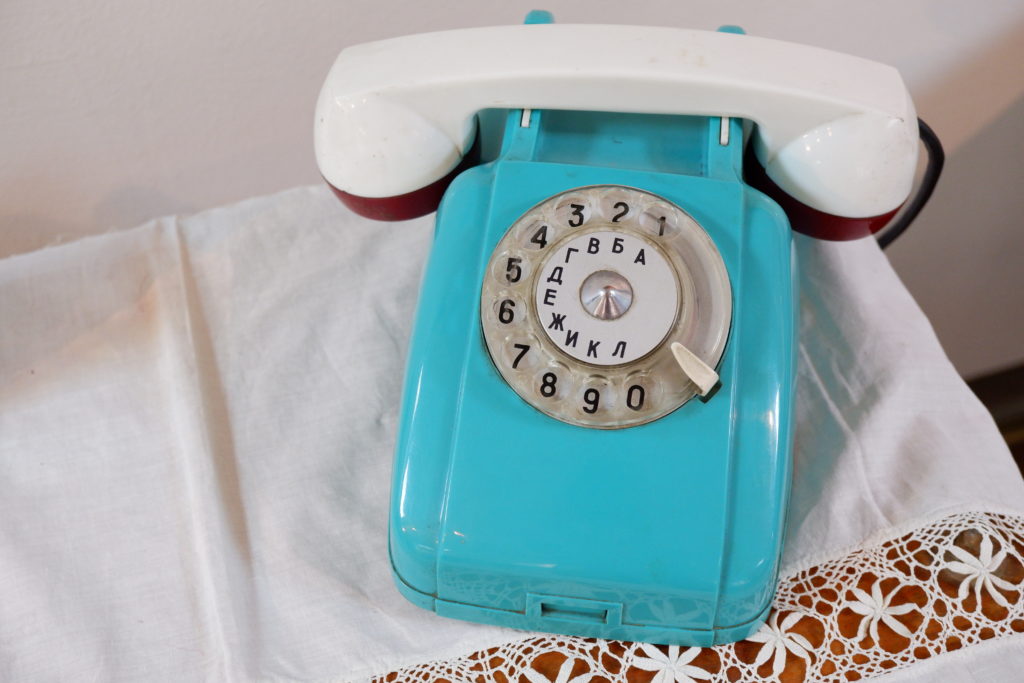

Learn to speak russian
Travel with ease & dive into the culture, history & lifestyle of post-Soviet countries
free russian learning materials
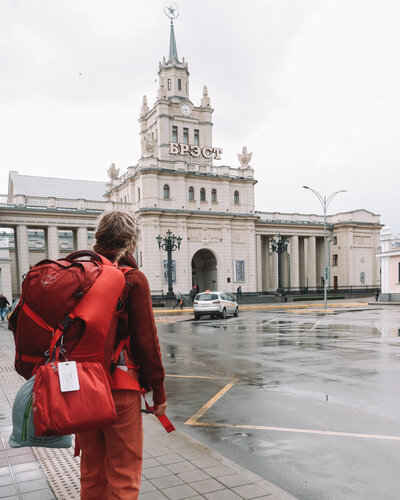
Melissa

Get the Goods
Head over to the Language & Travel Shop to check out my favorite goodies I use for learning Russian and traveling! I've compiled all my favorite products I use when #onthebloc so that you can benefit from them when you travel abroad. Help yourself prepare and support this blog at the same time :) Счастливого пути!




carry-on goods
gifts for travelers
photography
apparel & accessories
textbooks & readers
luggage & bags

categories
#oTB essentials
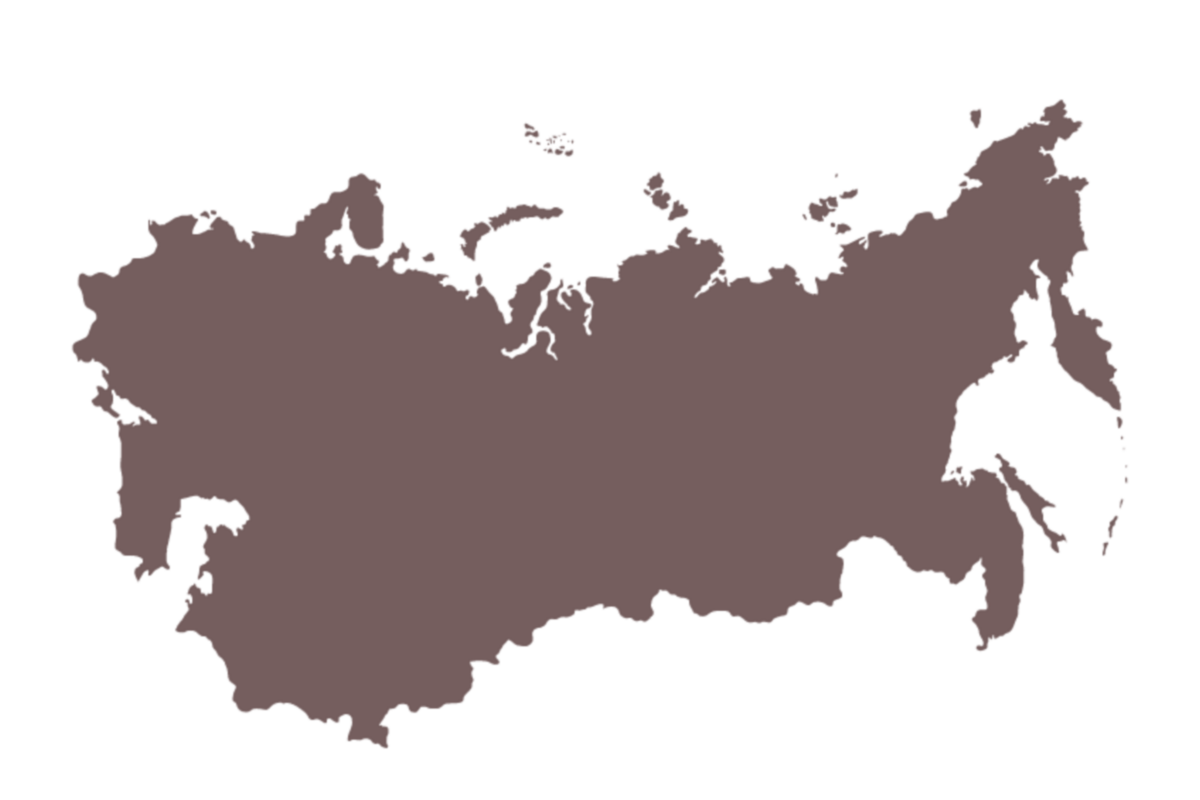
Russian-Speaking Travel Destinations
use your new russian skills in real life!
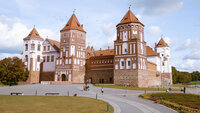
Belarus
EASTERN EUROPE
central Asia
central Asia


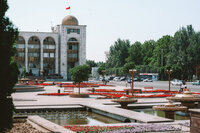

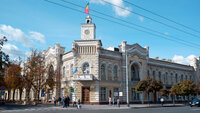
Eurasia
Russia
Kyrgyzstan
armenia
Moldova
Kazakhstan
eastern europe
read »
read »
read »
read »
read »
read »
The caucasus
travel guides
Get your FREE #OnTheBloc Starter Kit!
Sign up for the NGB Monthly Newsletter & you'll get a FREE downloadable PDF with Russian language and travel resources for your post-Soviet journey!
оставаться на связи














